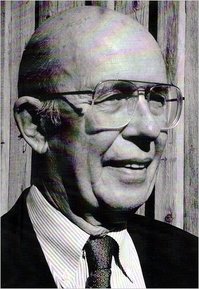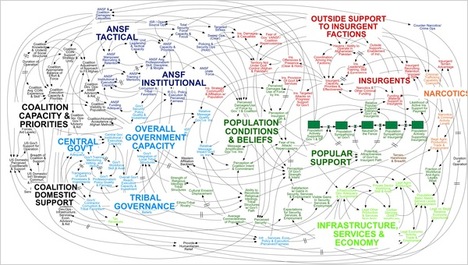Davis Guggenheim’s “Waiting for ‘Superman'” movie has brought renewed attention to the case for school choice. New York Times commentator Ross Douthat reasonably discusses that case:
(p. A21) Guggenheim’s movie, which follows five families through the brutal charter school lotteries that determine whether their kids will escape from public “dropout factories,” stirs an entirely justified outrage at the system’s unfairnesses and cruelties. This outrage needs to be supplemented, though, with a dose of realism about what education reformers can reasonably hope to accomplish, and what real choice and competition would ultimately involve.
With that in mind, I have a modest proposal: Copies of Frederick Hess’s recent National Affairs essay, “Does School Choice ‘Work’?” should be handed out at every “Waiting for ‘Superman’ ” showing, as a sober-minded complement to Guggenheim’s cinematic call to arms.
. . .
A real marketplace in education, he suggests, probably wouldn’t fund schools directly at all. It would only fund students, tying a school’s budget to the number of children seeking to enroll. If there are 150 applicants for a charter school, they should all bring their funding with them — and take it away from the failing schools they’re trying to escape.
This is a radical idea, guaranteed to meet intense resistance from just about every educational interest group. But Hess makes a compelling case that it needs to be the school choice movement’s long-term goal, if reformers hope to do more than just tinker around the edges of the system.
In the shorter term, meanwhile, he suggests that school choice advocates need to make a case for greater competition that doesn’t depend on test scores alone. Maybe charter schools, merit pay and vouchers won’t instantly turn every American child into a test-acing dynamo. But if they “only” create a more cost-effective system that makes parents and students happier with their schools — well, that would be no small feat, and well worth fighting for.
For the full commentary, see:
ROSS DOUTHAT. “Grading School Choice.” The New York Times (Mon., October 11, 2010): A21.
(Note: ellipsis added.)
(Note: the online version of the commentary is dated October 10, 2010.)
The Hess article is:
Hess, Frederick M. “Does School Choice “Work”?” National Affairs, Issue 5, FALL 2010.





